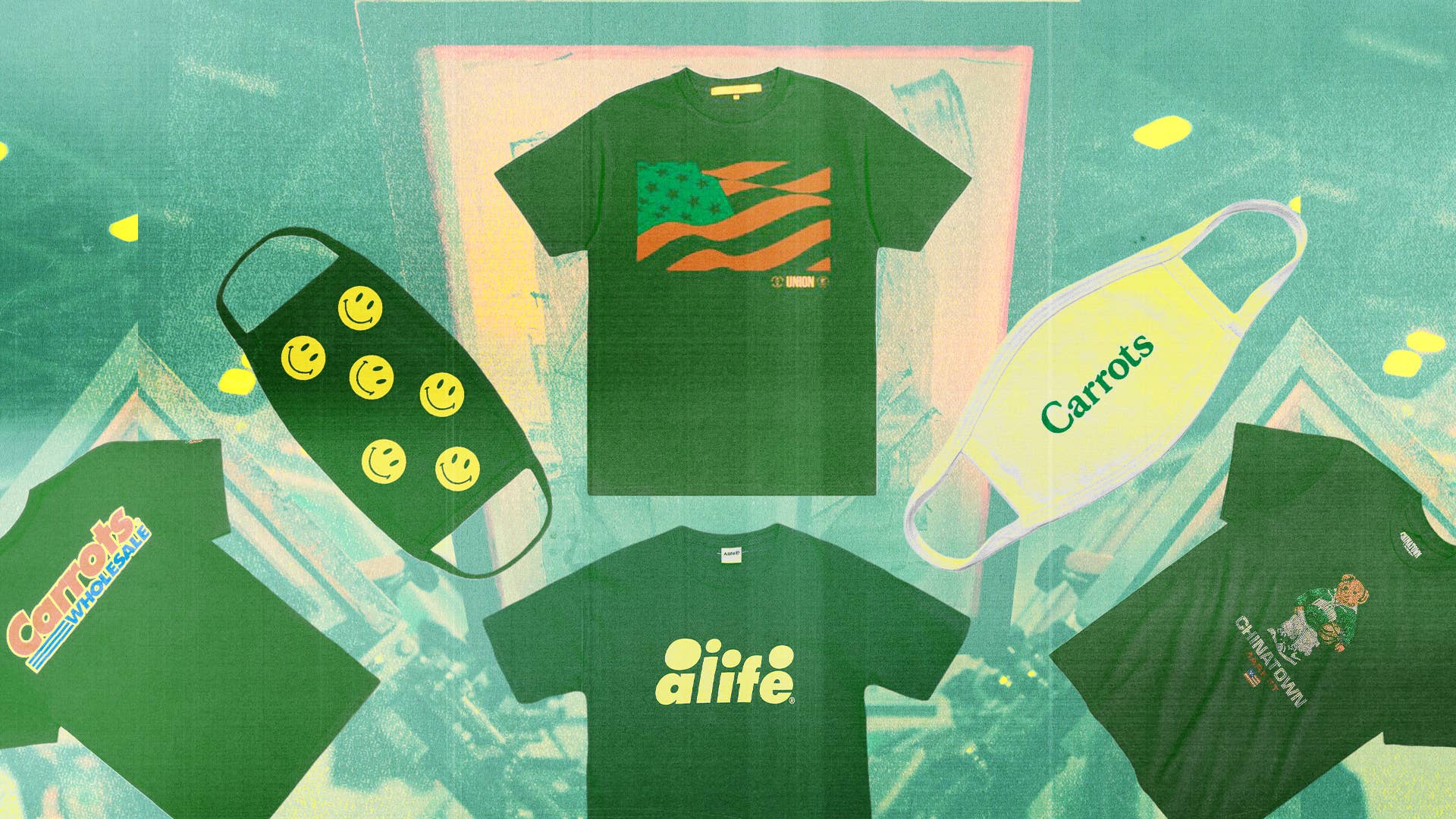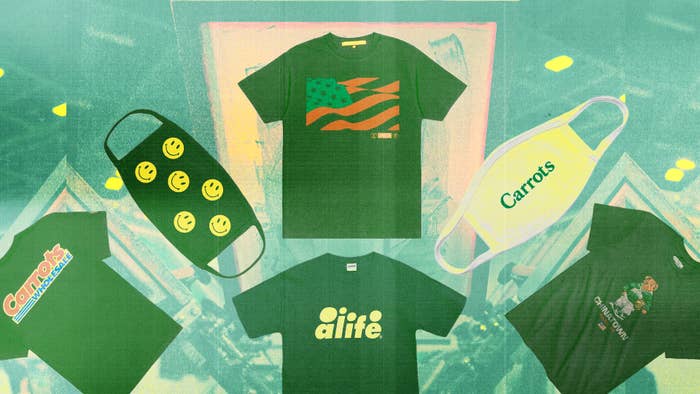
Weeks before Governor Andrew Cuomo ordered all non-essential businesses in New York state to shut down on March 20th due to the COVID-19 pandemic, Brooklyn screenprinter Rich DiBernardo already knew something was awry within the T-shirt industry. By the start of February, the founder of the screenprinting company Prographix received emails from blank T-shirt suppliers in China about factories shutting down due to a pandemic. By February 23, he was forced to furlough over half of his workforce, scaling down from 34 employees to just 12. Screenprinting orders that could have brought in around $60,000 to $70,000 dollars in profit had to be cancelled.
“I was not getting the product that I was supposed to be getting at that time of year, henceforth not having the work. I can't carry people anymore because minimum wage is so expensive compared to what it was 10 years ago,” says DiBernardo, whose 28-year-old business has printed T-shirts for brands like Supreme and artists like Takashi Murakami. “It's just not the same. Twenty years ago I worked on a 30 percent profit margin, now I work on a 10-12 percent profit margin.”
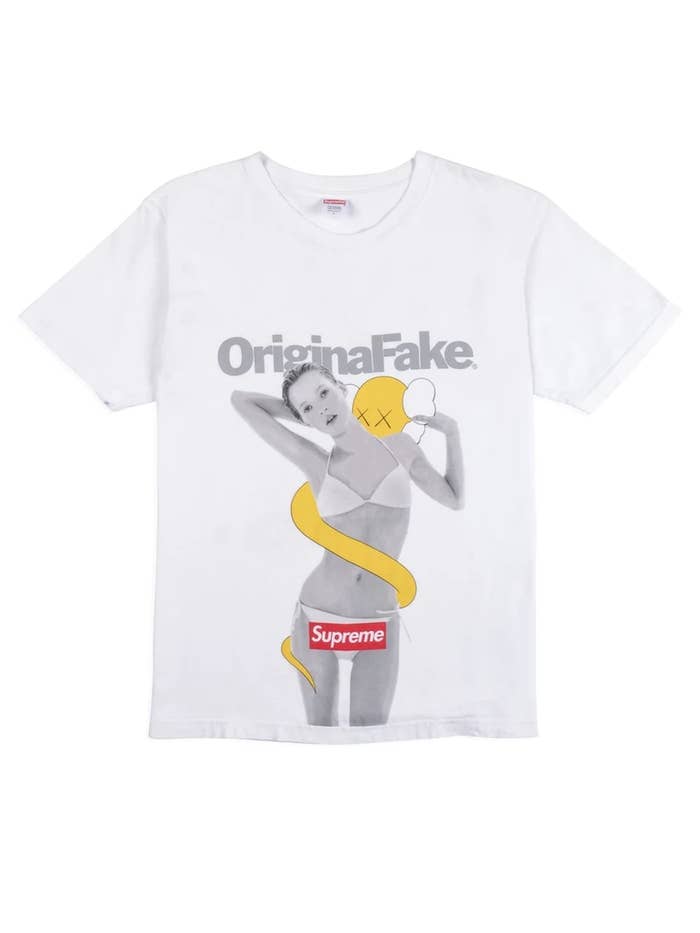
The T-shirt has always been important to streetwear, but it’s garnered a new type of significance in 2020. It’s an affordable, easy to produce item, which makes them ideal for helping a clothing business stay afloat during a pandemic. On average, a T-shirt costs less than $10 to produce and brands sell them for $40-$50. And as racial inequality and police brutality spurred protests across the globe, the T-shirt has functioned as a way for streetwear brands to support the cause—Brain Dead was able to raise over $500,000 with just one. But the T-shirt industry as a whole is facing an interesting dichotomy during this climate. Larger manufacturers and screenprinting houses are struggling, but brands are booming and changing the way they do business in the future.
“I was very surprised when I went back [to work], to find out that people are selling out like they never did,” says DiBernardo, whose clients include brands like Kith, Alife, and Only NY. “These streetwear brands are selling out of their stock the minute they put it up [for sale] because people are fiending. There's almost this panic like it may not ever come back to normal. So everybody's clamoring to get as much as they can from their favorite brand.”
In June, DiBernardo was allowed to reopen his business in Sunset Park, Brooklyn after being forced to shut down for nearly three months. Although New York’s COVID-19 cases have dropped, it wasn't business as usual for Prographix. By law, he can only have up to eight employees on the production floor and all of them must undergo mandatory temperature checks, wear PPE masks, and comply with other social-distancing measures. But to DiBernardo’s surprise, he was “inundated” with orders when he reopened on June 8. Brands such as A Bathing Ape inquired about printing a run of Black Lives Matter T-shirts and Spike Lee ordered merch to promote his latest film The Five Bloods. Production has been steadily increasing, from printing 8,200 units the first week of reopening to 20,000 in the third week.
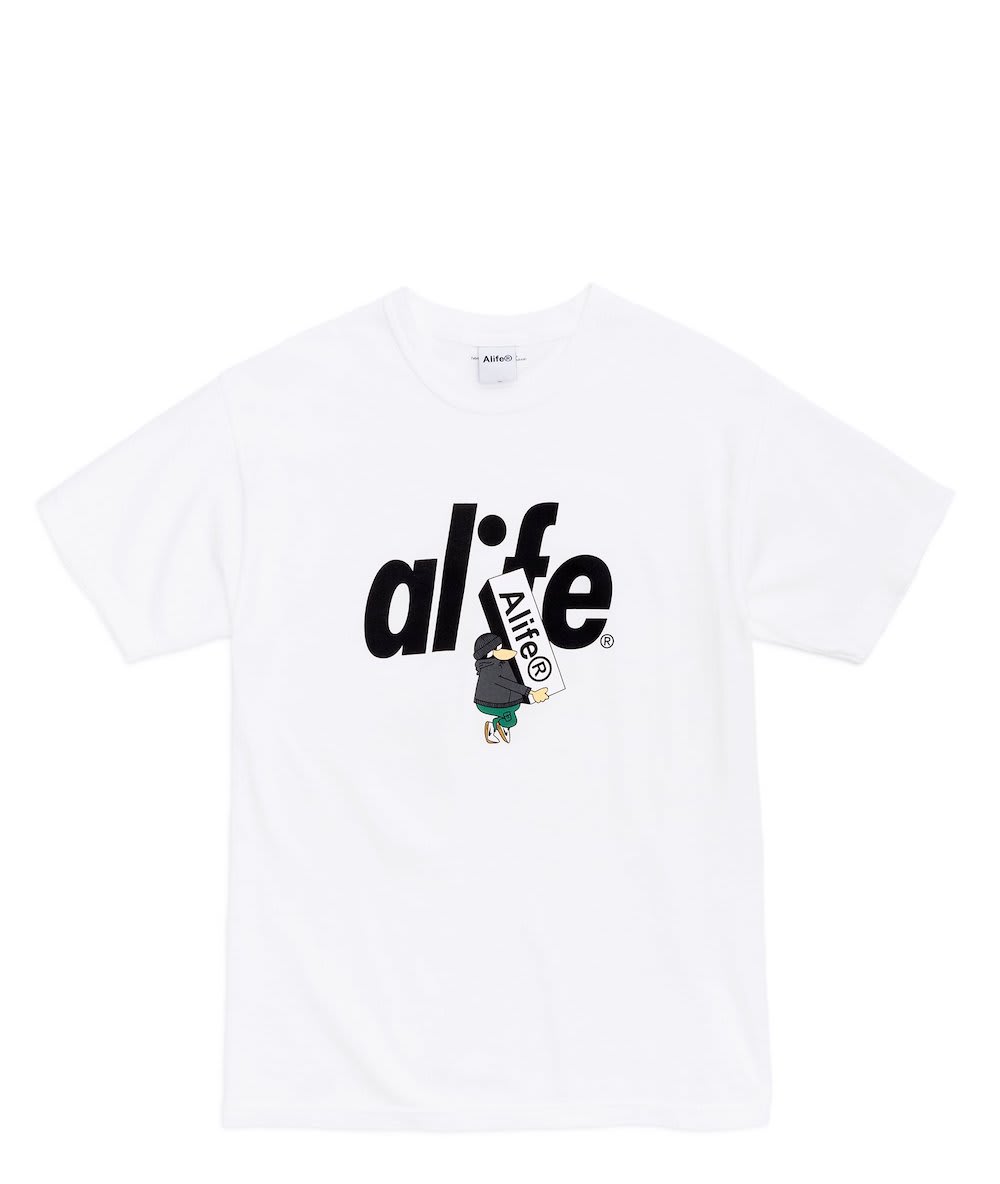
But even if Prographix’s business has picked up again, DiBernardo still expresses uncertainty about the future. He says that he’s lost almost $1 million in gross sales during the first-quarter of this year. To compensate, he runs three shifts a day, has stayed open every weekend for the past month, and for the first time in 28 years, remained open during the Fourth of July. He heard that a 35-year-old screenprinting business in the Bronx recently closed its doors permanently because of COVID-19. Although he’s received over 100 job inquiries from unemployed screenprinting workers, who are willing to relocate from cities like Philadelphia, he must be frugal with his money and can only take the very best when it comes to new hires. He even plans to address the current economic downturn by developing his own brands to sell at large chain stores like Walmart and by launching a fine art printing division within his company. Although Prographix has weathered through the economic shocks created by the September 11 attacks in 2001 and the Great Recession in 2007, DiBernardo says the streetwear ecosystem has greatly changed since then, and he’s never faced anything like COVID-19.
"‘You can't raise your prices,’” everybody's complaining, but my prices are cheaper now than they were 10 years ago,” says DiBernardo. “I'm trending to less money now than I did 10 years ago because the market has changed. Back then there was so much work, no competition, and way more brands. I had aNYhing, Clientele, Supreme, Staple, Priceless, Acapulco Gold, Lush Life, Shut, Five Boro, SSUR, Subware, Recon, Futura Laboratories, and more. All of that has changed.”
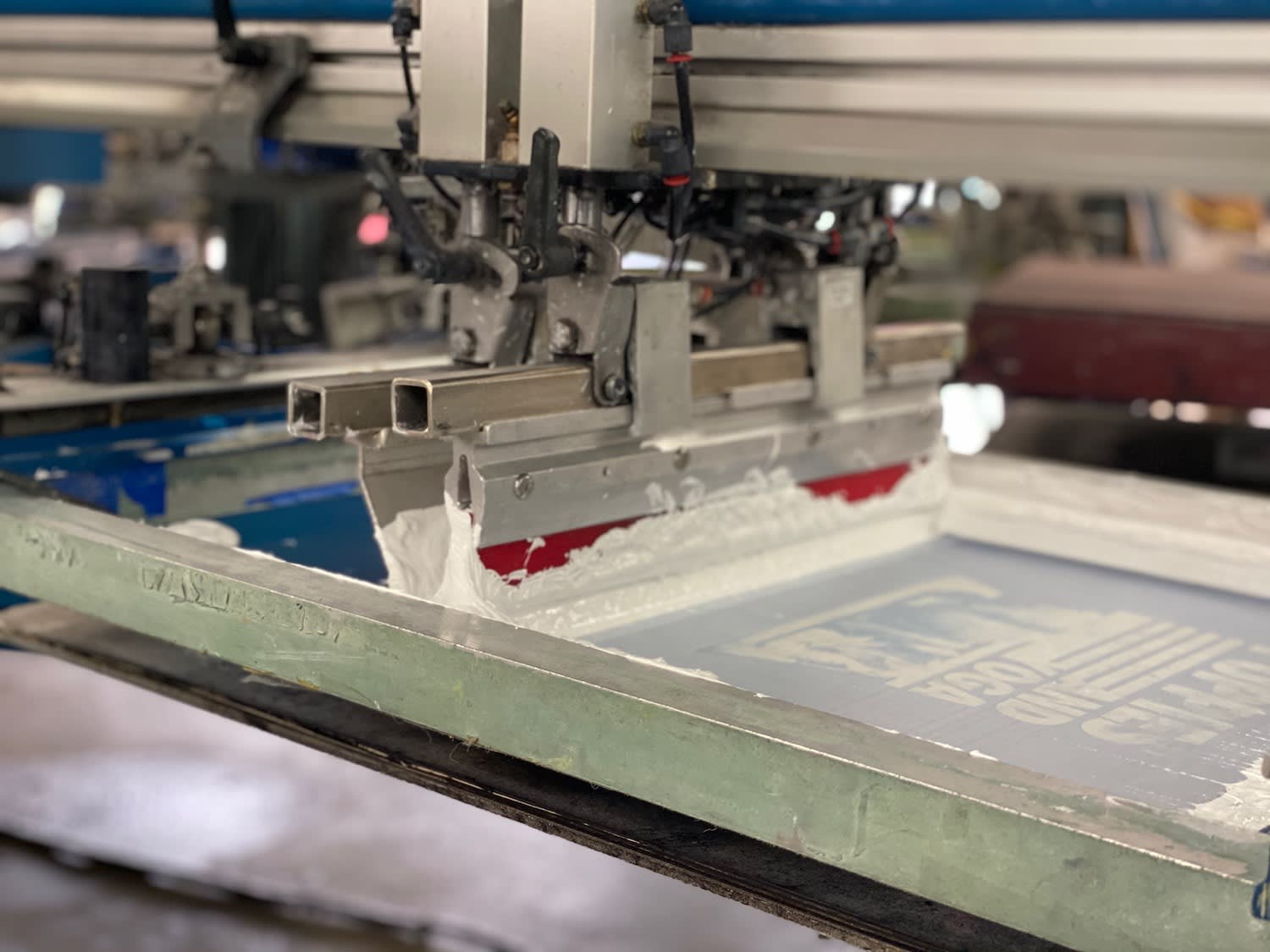
Screenprinters on the West Coast are also taking a hit. Shane Gelinas of The Print Lab, a large, 20,000 square foot printing facility in Hollywood, was only able to start taking small orders of 500 units around mid-May—two months after his 25-year-old family business was forced to shut down. Typically, Gelinas’ minimum orders are 300 units and he produces around 30,000-50,000 units per season for streetwear brands such as Pleasures or Young & Reckless. He says his business has gone from producing 100,000 prints a week to 30,000 for the time being.
“We’ve definitely been impacted but I've been getting a decent amount of emails with paid orders so things are definitely picking up,” says Gelinas, who spoke to Complex during Phase 3 of Los Angeles’ reopening. Gelinas says he was able to survive the first big hits from COVID-19 by running e-commerce businesses for some of his clients. Like Prographix in Brooklyn, Gelinas had to drastically scale down his staff from 60 employees to 18. Since music concerts and tours cannot take place right now, Gelinas’ business took a huge hit because it specializes in printing tour merch for artists such as Beyoncé and Elton John. That revenue stream will likely not return until a COVID-19 vaccine is approved. Recently Bravado, Universal Music Group’s merchandising company that handles merch for artists like Travis Scott, reported a 5 percent decrease in merchandise sales during the first quarter of 2020. But according to a press release, revenue lost from tour merch was offset by a rise in direct-to-consumer sales online. But the stores that sell this merch aren’t purchasing products, leaving a lot of it sitting in manufacturing warehouses for the time being.
“The merchandising companies that we print for are taking a huge hit because they've already paid us to print the garments. But stores like Hot Topic aren’t paying them until the goods are in their warehouse,” says Gelinas. “I'm sure the same thing happened with Zumiez and Tillys because orders for streetwear brands they carry weren’t getting picked up either.”
Since brick and mortar stores shuttered in light of COVID-19, excessive inventory has impacted many clothing brands and retailers. Brands like Gap have addressed this problem with a “pack and hold” approach—shelving away products it can’t sell right now to sell next year instead. Other retailers have offloaded excessive inventory by offering deep discounts to encourage consumers to buy more—it isn’t a coincidence that Supreme had its first online sale in nearly five years this season. As a retailer who sells both high fashion and streetwear, Chris Gibbs of Union Los Angeles has carefully balanced his inventory out on a brand by brand basis. In some cases he had to cancel orders, cut them down by half, or even order more product if a brand he stocked was doing well. Although Union’s direct-to-consumer online sales have not fully accounted for the revenue he lost via physical retail, Gibbs says the easily printable streetwear staples like hats, hoodies, and T-shirts have helped his business stay afloat during the pandemic.
“Those are the cornerstones of streetwear, but within the last four months, it has been really strong and consistent. We’ve probably seen better numbers now than [we have] in a long time, just selling printables and T-shirts,” says Gibbs, whose own in-house line at Union has also been selling well. “Other garments are a little harder to sell when you can't physically come in and buy them. T-shirts are a little easier to wear, especially in a time like now when you're not going out to clubs or restaurants.”
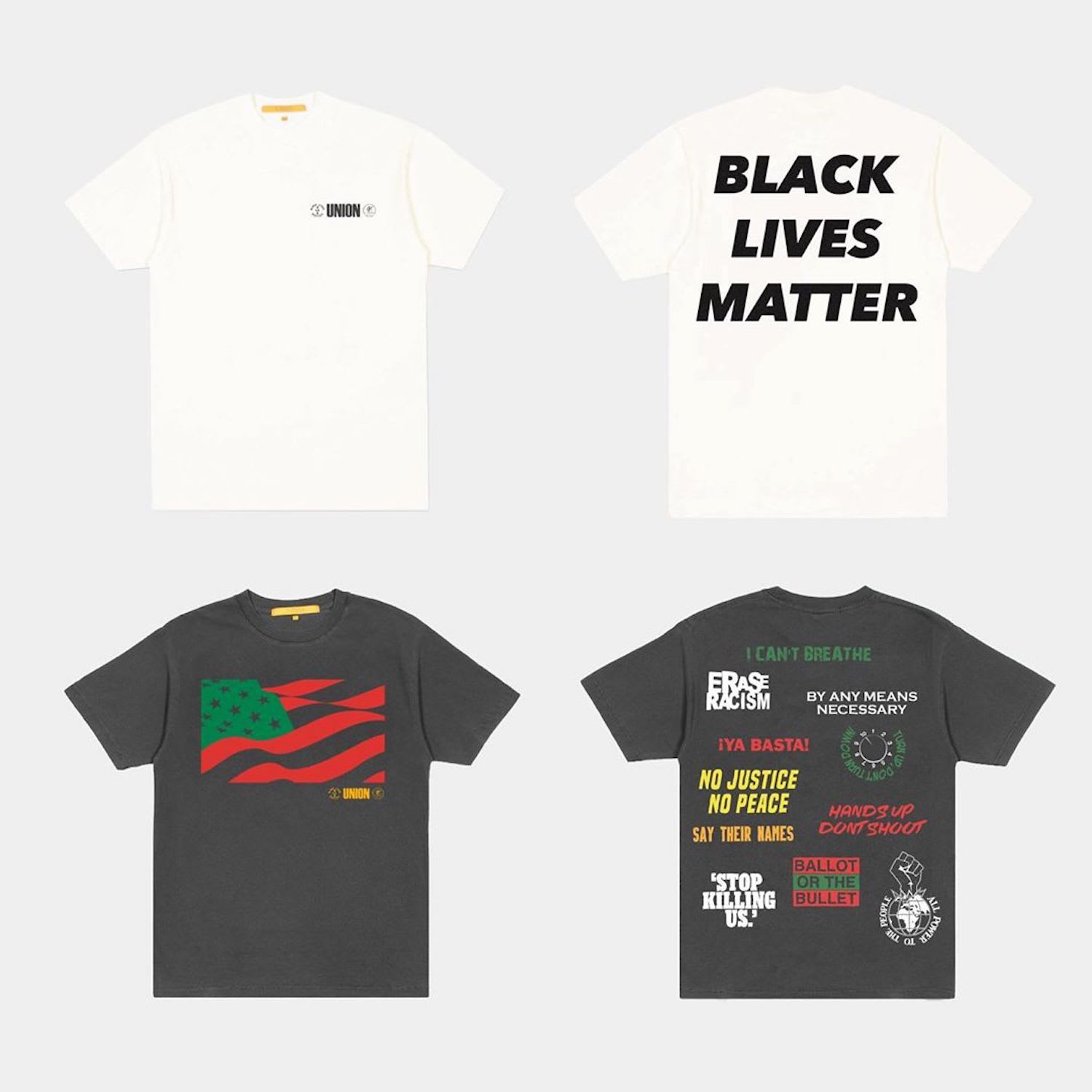
T-shirts have always been a form of protest and activism for certain streetwear lines, but there’s been an influx of brands, small and large, printing Black Lives Matter T-shirts and producing them quickly during a pandemic.
Despite facing some financial difficulties due to COVID-19, Union’s in-house brand managed to seamlessly produce a run of 3,000 shirts to help support the movement. Gibbs says that although this was a larger T-shirt order for Union, it was easy to produce during a pandemic as most factories in Los Angeles reopened—Gibbs said during the early weeks of the pandemic, there were production delays related to screenprinting, acquiring blanks, and manufacturing cut and sew. Gibbs thinks the economic boom streetwear has experienced these past couple months will eventually fade out, but he feels positive that current events have created a lasting sense of community.
A month before a wave of streetwear brands began producing products, Alife was one of the first this year to release a piece of charitable merch for the movement—a hoodie that raised funds for Ahmaud Arbery’s family. At the time, some Instagram accounts criticized their release as a marketing ploy.
“We wanted to make sure we were very careful and not just doing some brand play around Black Lives Matter. The Ahmaud Arbery hoodie was us wanting to give back to his mother and father, who were stripped of their child,” says Alife’s General Manager Treis Hill, who raised $18,500 for Arbery’s family with the hoodie. “It was a sad situation, and a week and a half later, when the BLM movement kicked off for George Floyd, we just didn't feel it was right to do another T-shirt. We’ve recently rolled out another concept that is more involved and geared towards ending racism for the long term. It's not just as simple as one T-shirt.”
Black Lives Matter T-shirts and COVID-19 also tested the ethics of brands like Brain Dead and Los Angeles Apparel. Brain Dead’s Kyle Ng quickly produced a T-shirt with Dev Hynes after larger brands hesitated on releasing charitable T-shirts. He was initially working on T-shirts with Los Angeles Apparel, Dov Charney’s blank apparel brand and manufacturing company that was praised earlier this year for producing and donating face masks to healthcare workers. However, when the company attempted to donate T-shirt blanks for Brain Dead’s Black Lives Matter initiative, Ng refused the donation after customers pointed out Charney’s past sexual harassment allegations. This month, Los Angeles Apparel’s factory was also shut down after more than 300 employees tested positive for COVID-19. Four employees died and Los Angeles Apparel is now in the spotlight for a larger issue on how workers of color are treated in Los Angeles’ garment district.
Similar to Gibbs, who joined Fear of God’s multibrand BLM T-shirt that donated funds to George Floyd’s daughter Gianna Floyd, Anwar Carrots of Carrots joined in on making a Black Lives Matter T-shirt produced by Cherry Los Angeles, which raised money for the BLM chapter in Los Angeles and The United Negro College Fund. However, he didn’t feel the need to release one from his own brand.
“All awareness is good awareness so I’m all for it. I was a part of a T-shirt too, but for me personally, I'm not making one because I have hope for tomorrow. Being Black myself, if you're advertising my brand on all these sites, that's a Black-owned brand,” says Carrots. “I'm happy that people are actually using their creativity to put out T-shirts whether it's for compensation or to donate. It's keeping people's minds inspired and bringing hope for tomorrow because tomorrow will come.”
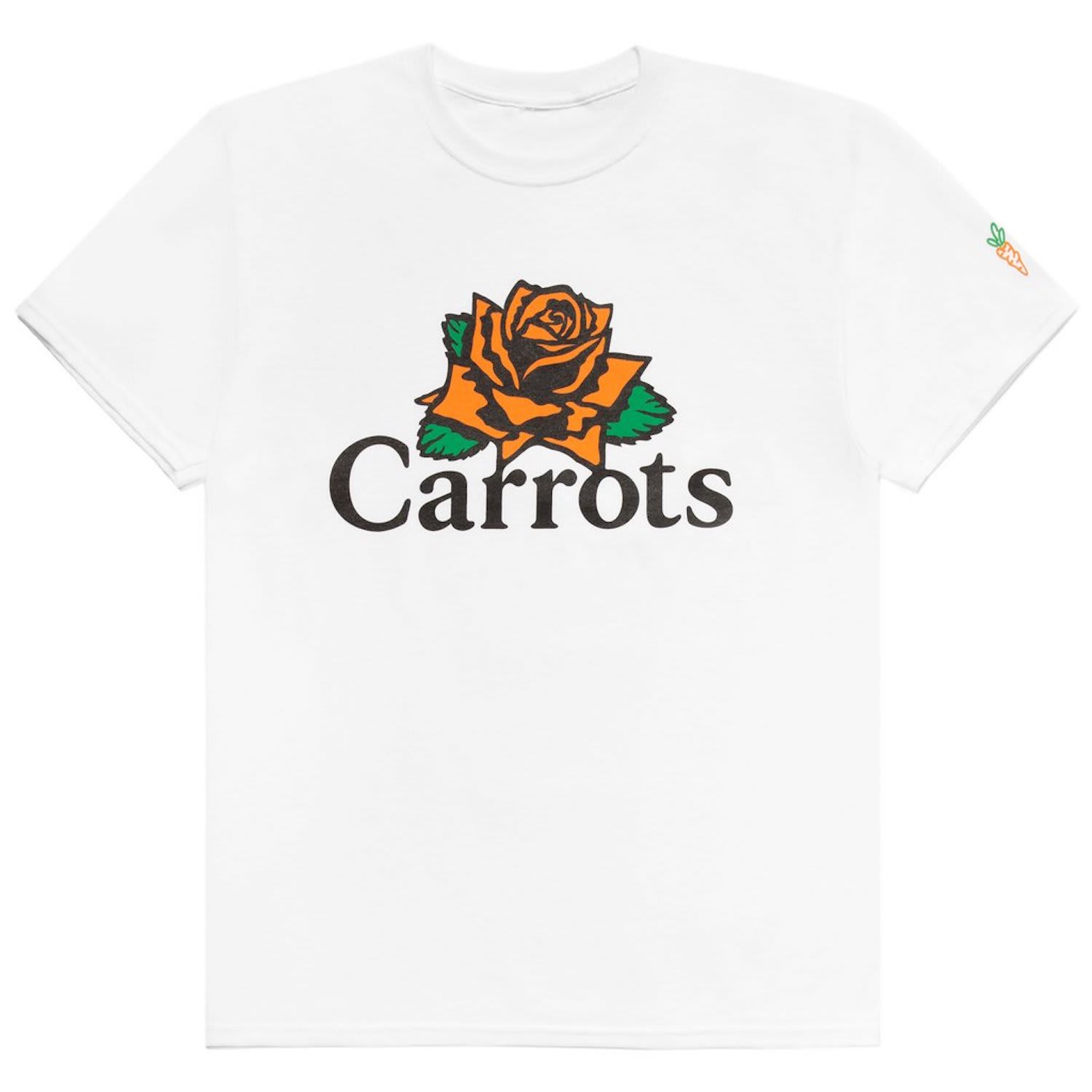
Despite brands not having issues with producing BLM shirts during a pandemic, COVID-19 has created some challenges with acquiring T-shirt blanks. Even in July, DiBernardo at Prographix says that to fulfill some orders, he would have to call 14 different blank T-shirt distributors or even buy blanks off other printers for a slight mark up. Gildan is one of the leading blank apparel manufacturers that owns other popular blank brands such as Comfort Colors, Alstyle, and American Apparel. According to Gildan's first-quarter reports for 2020, sales for printable garments have been down by 75 percent compared to last year. And it’s manufacturing facilities are located in areas—like North Carolina, Georgia, Honduras, and the Dominican Republic—where COVID-19 cases are increasing.
“You got to remember other parts of the world got hit [with COVID-19] after us as well, like South America,” says DiBernardo. “There's a large amount of product that comes from countries like Mexico or Peru and it's just not going to happen. There’s just going to be a shortage.”
But when large domestic screenprinters and other clothing manufacturers began shutting down, this presented a lucrative opportunity for smaller screenprinters to step up.
One manufacturing alternative streetwear brands looked towards during the shutdown was smaller screenprinters like InkLab MFG. The founder, Emiliano “Tek” Dacayanan, was one of the only printers open in Los Angeles during California’s shutdown. Normally, Tek prints for streetwear brands like Carrots and Chinatown Market when larger printers are too busy to take in new orders. But when the pandemic shut down industrial printers with 30-40 employees in Los Angeles, he was able to responsibly stay open by working alone. Recently, orders for Black Lives Matter merchandise have helped keep his business afloat. Before that, cloth face masks became one of his main sources of revenue. Even acquiring blank cloth face masks became difficult when the pandemic hit its first peak in April.
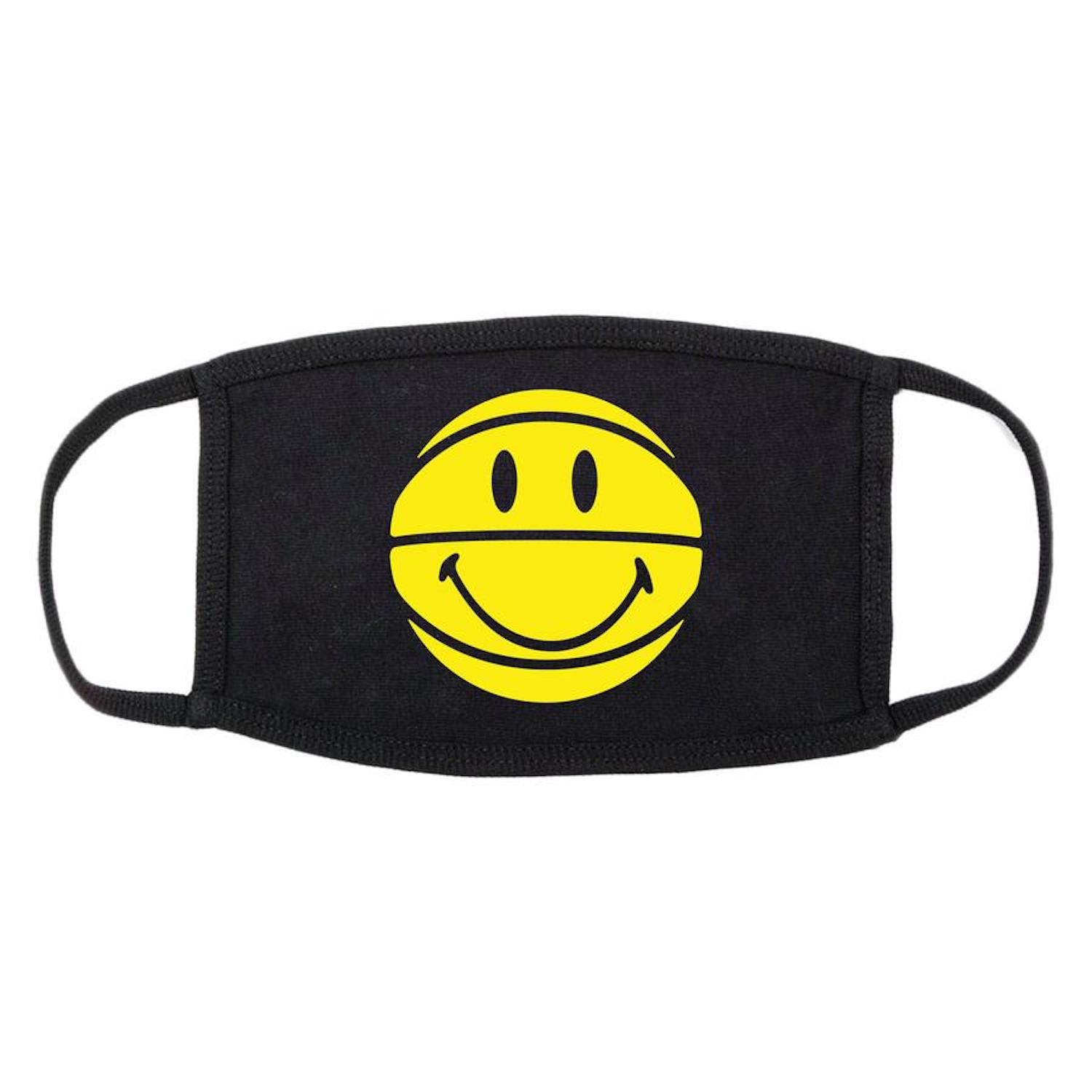
“There was a surge of people just ordering masks, but it was so hard to find them because they were selling out like every other day,” says Tek. “There's at least five or six manufacturers in L.A. that make masks. They would restock in the thousands and then sell out the next day.”
Although Tek is optimistic about the future, he says his small business has not returned to normal nearly two months after Governor Christopher Newsom began reopening businesses in California at the start of May. This month, Newsom began rolling back on reopening the state as the situation darkened in California with a second wave of cases. Although only indoor restaurants, wineries, movie theaters, family entertainment centers, zoos, museums, and card rooms were forced to shut down again, the recent news of a COVID-19 outbreak at Los Angeles Apparel’s factory shows that the garment industry could shutdown as California’s cases continue to rise and surpass New York’s numbers.
“We're not fully 100 percent operations right now and are slowly getting into it. The only reason why is because some of these brands aren't ordering as much as they used to,” says Tek who spoke to Complex when Los Angeles entered Stage 3 of reopening. “A brand that wants a full collection, all the SKUs to be created, sampled, and made with a whole inventory, that's not really happening. Some brands rely on retailers, so that made a pretty big dent into their profits.”
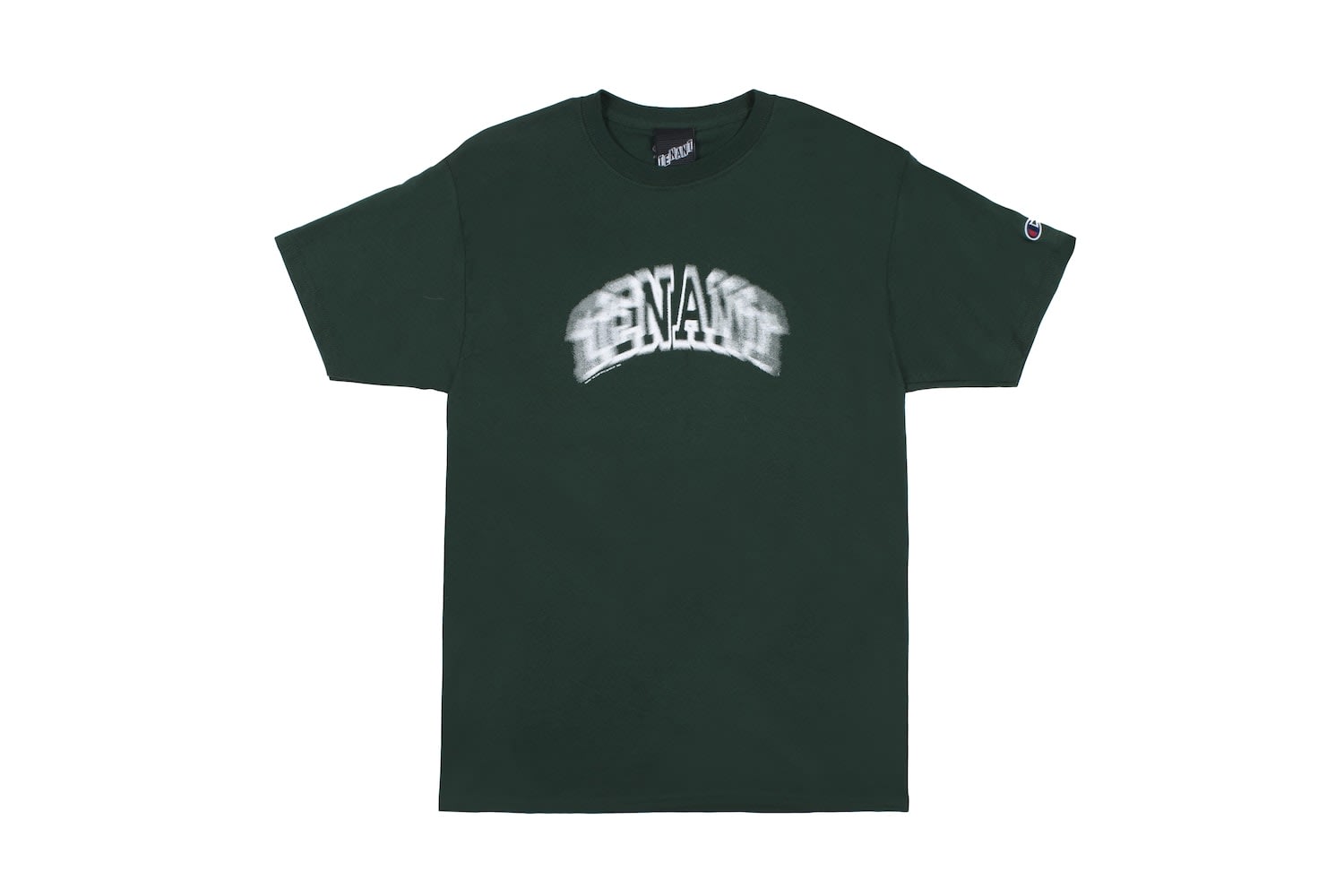
However small screenprinters have noticed that young streetwear brands who don’t have major stockists yet have also excelled during quarantine. In Brooklyn, Gio Pagan runs the screenprinting shop Proper Prints, which operates one press and typically prints runs of 24 T-shirts for young local skateboard brands in New York City such as Tenant and Redrum Dogpound. He says that business has been busy the last couple months and he credits that uptick directly to the stay-at-home orders.
“Everybody's just been home and being way more creative than normal because they have extra time on their hands,” says Pagan. “Everybody's got the government money coming in and they're using it to make T-shirts. I know a lot of artists and a lot of creatives. Everybody's just been really productive and been putting out a lot of shit.”
While retailers like Urban Outfitters and Zumiez have scaled down their inventories and cancelled orders, streetwear brands that have built a solid base of supporters were impacted less thanks to a boom in direct-to-consumer sales via e-commerce. Although a cloud of uncertainty and gloom hung over streetwear brands during the first months of the pandemic, brands such as Alife, Brain Dead, Carrots, and Chinatown Market have all told Complex that business has gone extremely well despite the tough economic conditions created by COVID-19, and that’s thanks to T-shirts and other easily produced garments.
“Our March, April, and May were probably the best online sales that we've had in the last four years,” says Hill, who produced enough product for Alife to sell before their screenprinter, Prographix, shut down in March. “Sales weren't necessarily up crazy. It's just that it certainly surpassed any sort of March, April, or May number we would typically see. Consumers were really engaged in buying and it was comforting to see that happen.”
Anwar Carrots had a similar sentiment.
“I can honestly say I never really focused too much on the direct-to-consumer side of my business because I grew up knowing the wholesale business. Since this whole thing started, my direct-to-consumer [business] has been booming,” says Carrots. “I even plan on pulling out of all my stores and pretty much starting over. I'm not sitting on any inventory and I make new stuff when I want to. It’s just like when I first started my brand.”
Aside from having customers come directly to Carrots’ web store rather than a retailer, Anwar adapted to the circumstances at hand, which helped his business. When manufacturers and screenprinters in Los Angeles were forced to shut down, Anwar quickly moved to produce garments in countries that were relatively unscathed by the pandemic like South Korea. Other streetwear brands followed a similar approach.
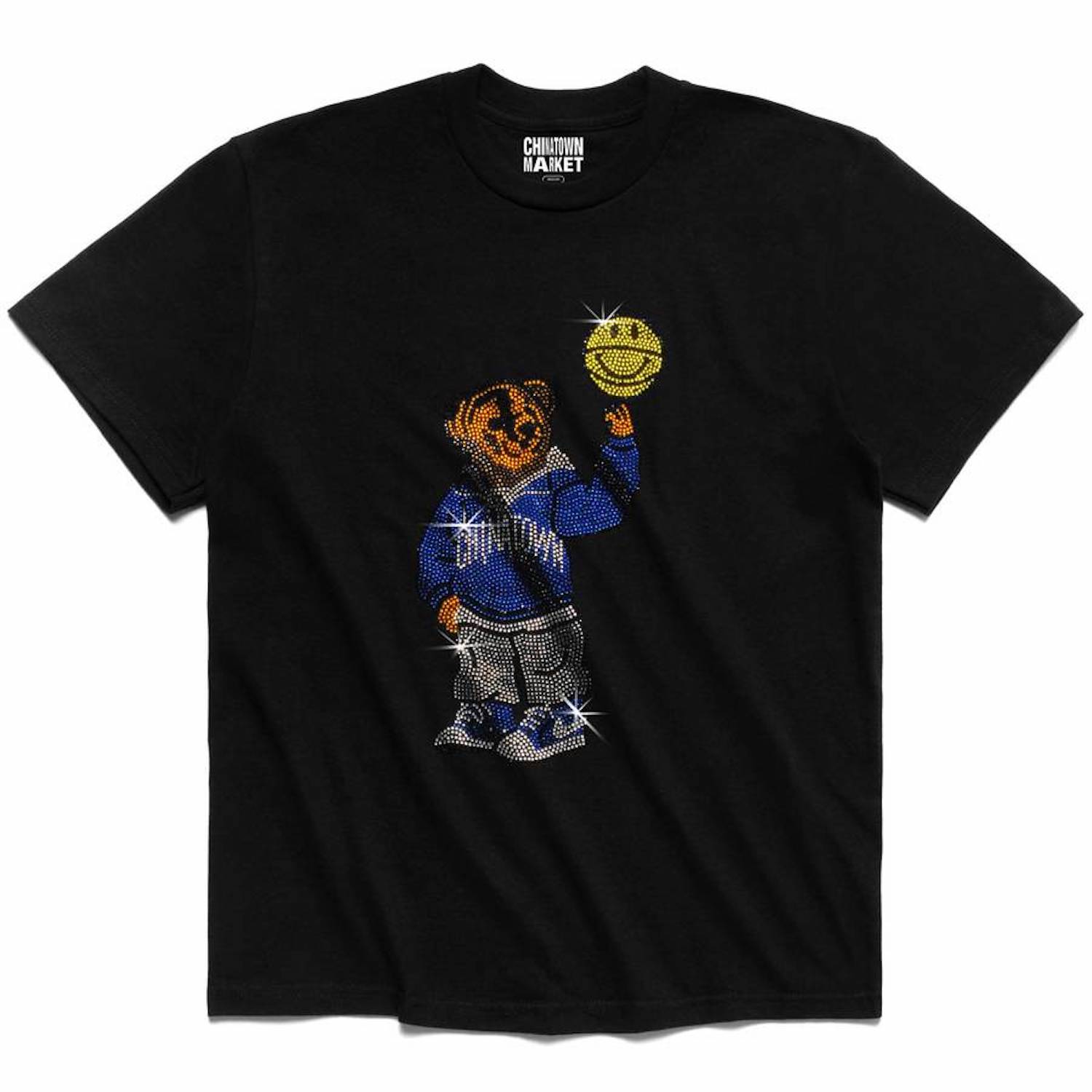
“It changed the way we look at manufacturing, for sure. Whether we’re making products in China or Pakistan, every country has their own lockdown and rules set,” says Mike Cherman of Chinatown Market. “I think for us, it was about looking for more domestic options or finding other solutions.”
Despite the fact that the United States still has the most COVID-19 cases worldwide, the streetwear brands and screenprinters who spoke to Complex feel confident they will be able survive this pandemic. The T-shirt industry is far from going back to normal, but at the very least, consumers are still actively supporting their favorite brands. At the same time, there are larger issues that streetwear could help address and build towards a better, and more equitable, future that goes beyond making a BLM T-shirt.
“COVID-19 hit, then the murder of George Floyd hit, and it awakened a sense of community in me that was maybe dormant. I realized we're a global community,” says Gibbs, who managed to raise over $60,000 for the Black Lives Matter chapter in Los Angeles with just two T-shirts. “My hope—and I will for sure try and lead by example, is that we don't just do one T-shirt with Black Lives Matter and be like, ‘Our job is done.’ We're going to continue to put the pressure on the status quo to demand the changes that we think are necessary, and take it a step further.”

